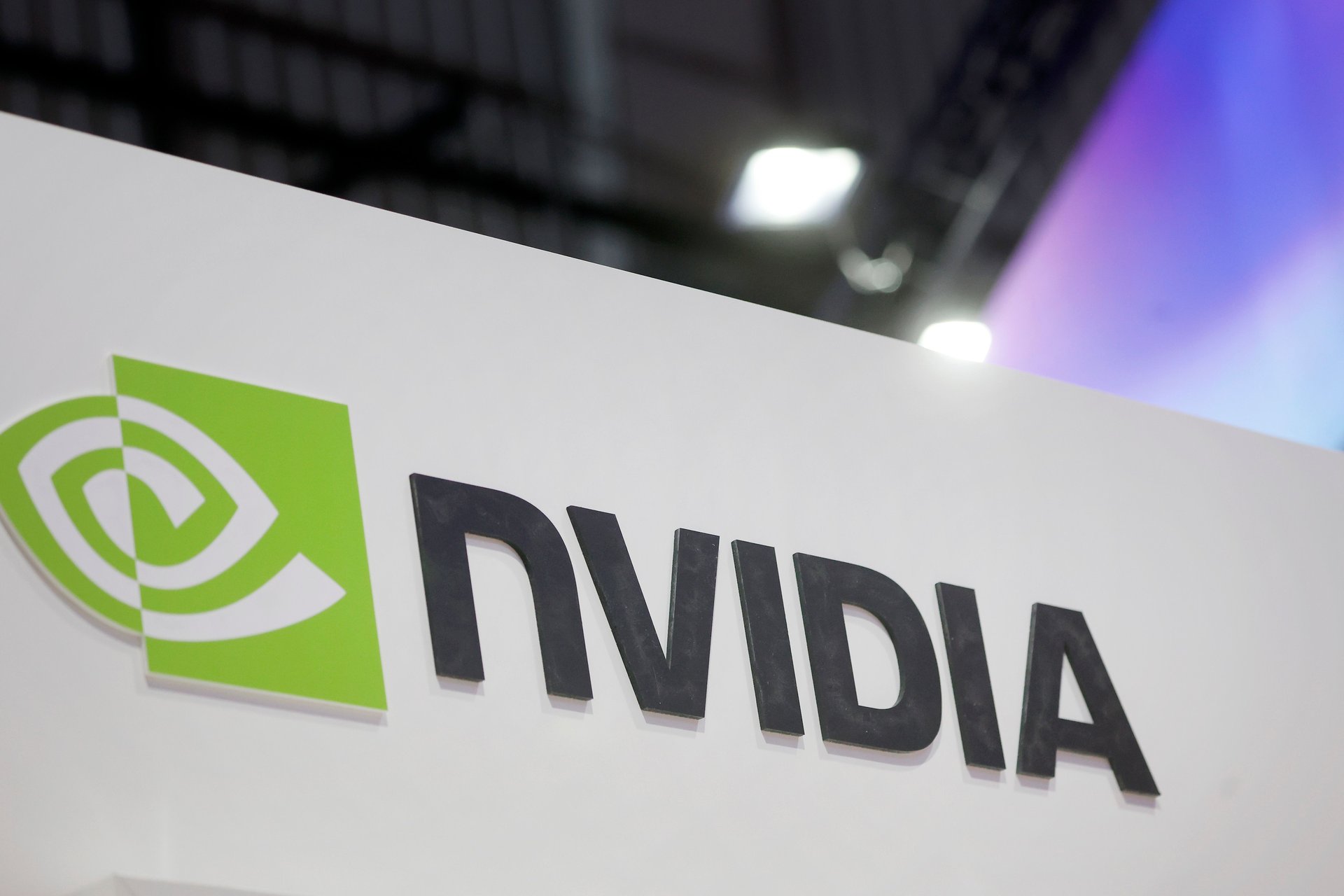Nvidia is the first company to close at a $4 trillion market cap
Wall Street’s favorite bet has crossed a record valuation, driven by its dominance of AI infrastructure as competitors race to catch up

Chesnot/Getty Images
Nvidia has all its chips on the table — and Wall Street is still betting big. The AI hardware juggernaut on Thursday became the first company in history to close at a $4 trillion market cap, a milestone that reflects its dominance in one of the most lucrative tech revolutions in decades.
Suggested Reading
The stock briefly surged past $164.42 per share on Wednesday, enough to push Nvidia into that record-breaking territory before shares slipped slightly. Nvidia ultimately closed at $164.10 per share on Thursday, clinching the $4 trillion valuation. While Nvidia remains the most valuable publicly traded company in the world, Microsoft is also closing in on the same milestone.
Related Content
Nvidia's record valuation is largely a signal that the rules of scale in tech have changed. The company’s rise has been blistering: It topped $1 trillion in mid-2023, then blew past the $2 trillion and $3 trillion marks in quick succession. The rally has been fueled by insatiable demand from Big Tech players — including Microsoft, Meta, Amazon, and Google parent company Alphabet — who have all been racing to build massive AI models that require tens of thousands of Nvidia’s specialized chips.
Every major AI buildout, from OpenAI’s GPT to Tesla’s autonomous systems, depends on Nvidia chips. Governments are spending billions to stand up “sovereign AI” programs. Tech giants are racing to secure supply. And Nvidia has positioned itself as the one-stop shop for AI infrastructure, from raw silicon to entire data centers.
The market, naturally, is hooked. Nvidia now makes up roughly 8% of the S&P 500, meaning its daily moves swing everything from tech indexes to pension funds. Analysts have raced to raise their targets: Citi recently bumped its price forecast to $190.
Other firms, such as Loop Capital, see Nvidia shares hitting $250, which would imply a staggering $6 trillion valuation. “It may seem fantastic that Nvidia’s fundamentals can continue to amplify from current levels,” Loop analyst Ananda Baruah wrote in a recent note, “but we remind folks: Nvidia remains essentially a monopoly for critical tech, and it has pricing (and margin) power.” The firm projects the AI chip market could reach $2 trillion by 2028 and sees Nvidia’s valuation potentially climbing from $3.6 trillion today to $6 trillion. Wedbush, meanwhile, says $5 trillion is within reach this year. For every $1 spent on Nvidia’s chips, Wedbush has estimated that there’s an $8–$10 ripple across the tech stack.
A huge part of the momentum is coming from Nvidia’s next-generation Blackwell chips, which began rolling out this year and are expected to power the next wave of AI adoption. Cloud providers, enterprise firms, and governments are all loading up. So far, there’s no sign that demand is cooling — if anything, the opposite.
That said, there are real risks on the horizon. U.S. export restrictions have already cut Nvidia off from some of its biggest potential buyers, particularly in China. The company disclosed a $4.5 billion inventory charge in its last earnings report tied to chips it can no longer sell (although the company largely shrugged that charge off). And while Nvidia’s dominance remains clear for now, the pace of innovation — and competition, from companies such as AMD and even a blacklisted Huawei — is only accelerating. And while demand remains red-hot, some analysts warn that the broader AI hype cycle could eventually cool.
For now, though, investors aren’t blinking. Nvidia isn’t leading the AI revolution — Nvidia is the AI revolution. And with Microsoft likely not far behind in hitting the $4 trillion mark, Wall Street may be entering an era where trillion-dollar milestones are just the cost of admission to the top tier of tech.
